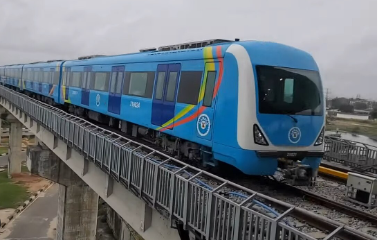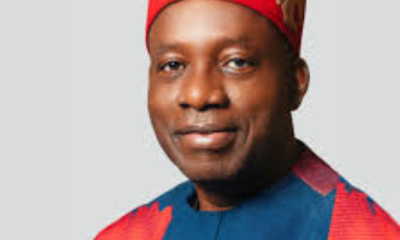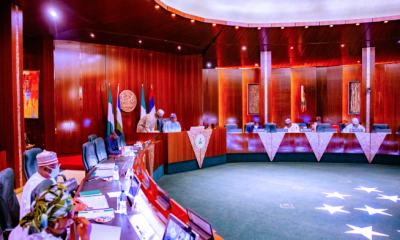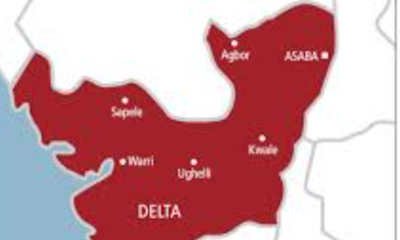Memories of a 1980s clip from the Nigerian Television Authority (NTA) featuring “Papa Memu” have resurfaced, drawing parallels between his apathy and the attitudes of current Nigerian leaders toward pressing national issues.
In the clip, Papa Memu, engrossed in a game of Draught, remains oblivious to the burning of his house—a metaphor for leaders who prioritize personal gain over national welfare.
From the President to local government officials, many Nigerian leaders view the nation as a “national cake” meant only for their personal slices.
While they espouse patriotism, their actions often reflect self-interest, leading to public cynicism about the integrity of governance.
A recent Facebook thread highlighted this sentiment, with one user—an experienced journalist and former bank spokesperson—joking that he wouldn’t want to return to Nigeria in a potential reincarnation.
This sparked a wave of responses from others echoing similar sentiments of disappointment and a desire to escape the country altogether.
In Rivers State, the aftermath of the October 5 local government elections highlighted the disturbing reality of political violence.
Footage revealed hoodlums vandalizing property and armed groups purportedly providing security to politicians, raising concerns about the normalization of violence.
These non-state actors, once tools of political campaigns, have become the primary enforcers of chaos, as leaders turn a blind eye.
The grim state of affairs is compounded by the tendency of politicians to relocate their families abroad, a move that reflects both a desire for safety and a rejection of the violent environment they have fostered.
As President Bola Tinubu vacationed abroad shortly after urging citizens to remain hopeful, the public saw stark contrasts between his rhetoric and the reality of extravagant spending on a new presidential jet and luxury vehicles while citizens struggle.
There is a growing consensus that Nigeria requires a new framework for governance to address its myriad challenges.
ALSO READ : Obasanjo highlights China’s role as key economic partner for Africa
Current leadership strategies appear inadequate, as the nation faces deteriorating political stability, social welfare, and infrastructure.
Critics argue that Nigeria teeters on the brink of failure, drawing alarming comparisons to collapsed states like Somalia.
The words of philosopher Ayn Rand resonate in this context:
“When you see that money is flowing to those who deal, not in goods, but in favors;
When you see corruption being rewarded and honesty becoming a self-sacrifice;
You may know that your society is doomed.”
This sentiment underscores the pervasive corruption that afflicts every sector, including the judiciary, which has faced scrutiny for upholding controversial electoral outcomes.
As Nigerians grapples with a leadership crisis and escalating violence, the call for accountability and effective governance grows louder.
The current trajectory threatens to further undermine democracy and exacerbate societal disintegration, leaving citizens to wonder if change is possible.


 Health1 week ago
Health1 week ago
 Health1 week ago
Health1 week ago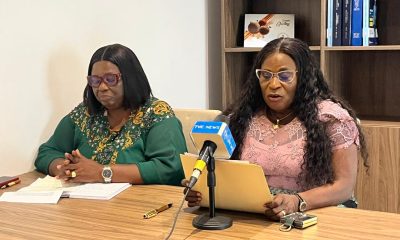
 Latest7 days ago
Latest7 days ago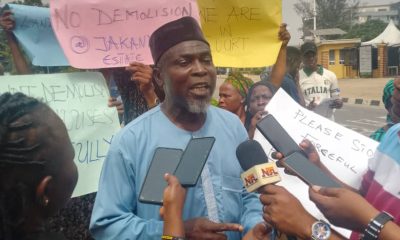
 News1 week ago
News1 week ago
 Business6 days ago
Business6 days ago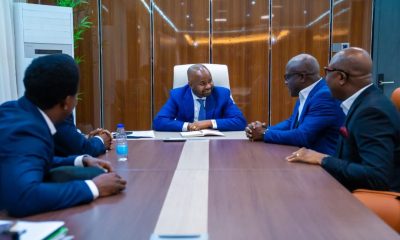
 Business1 week ago
Business1 week ago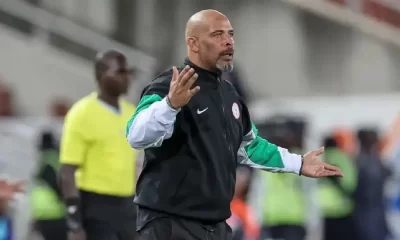
 Football1 week ago
Football1 week ago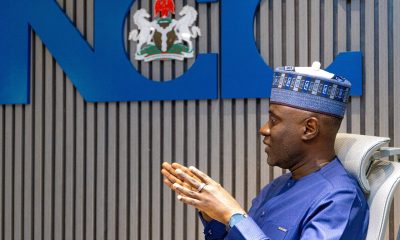
 Business1 week ago
Business1 week ago



